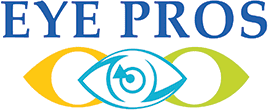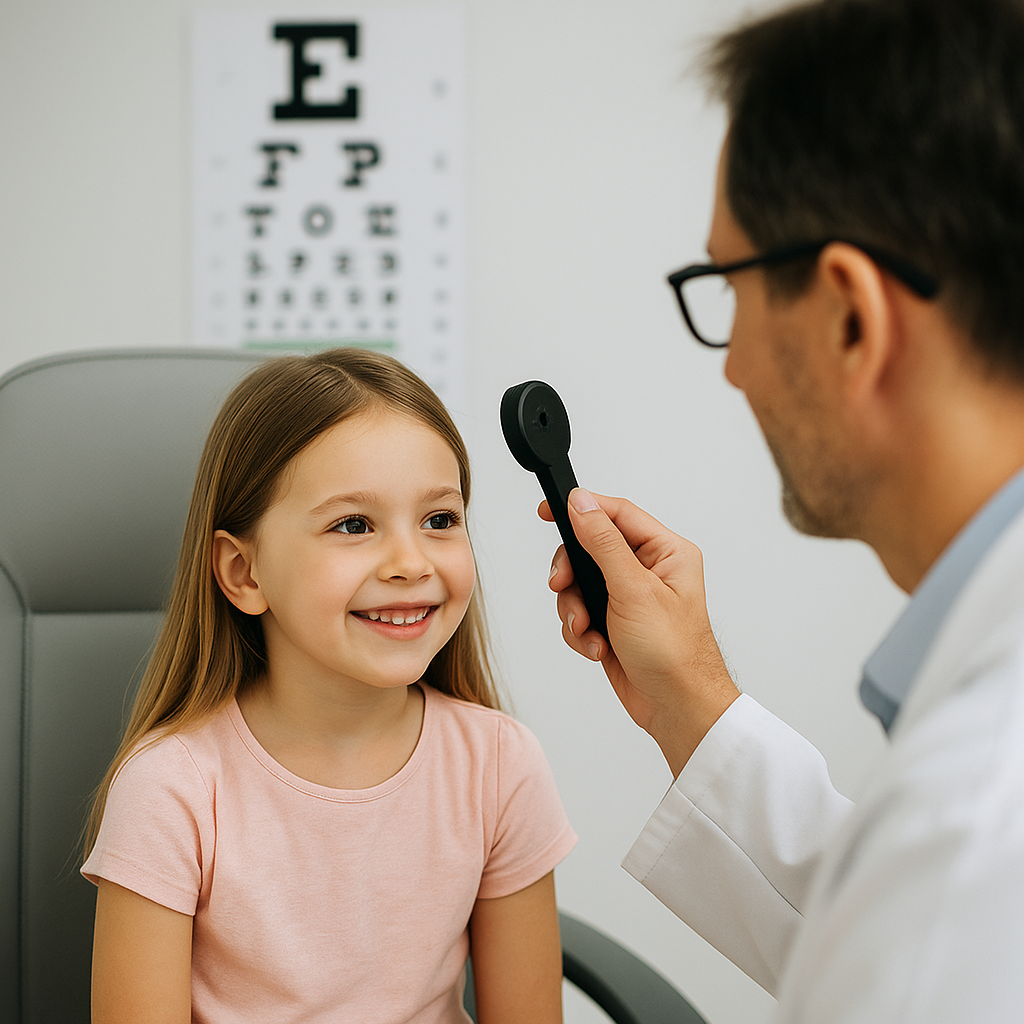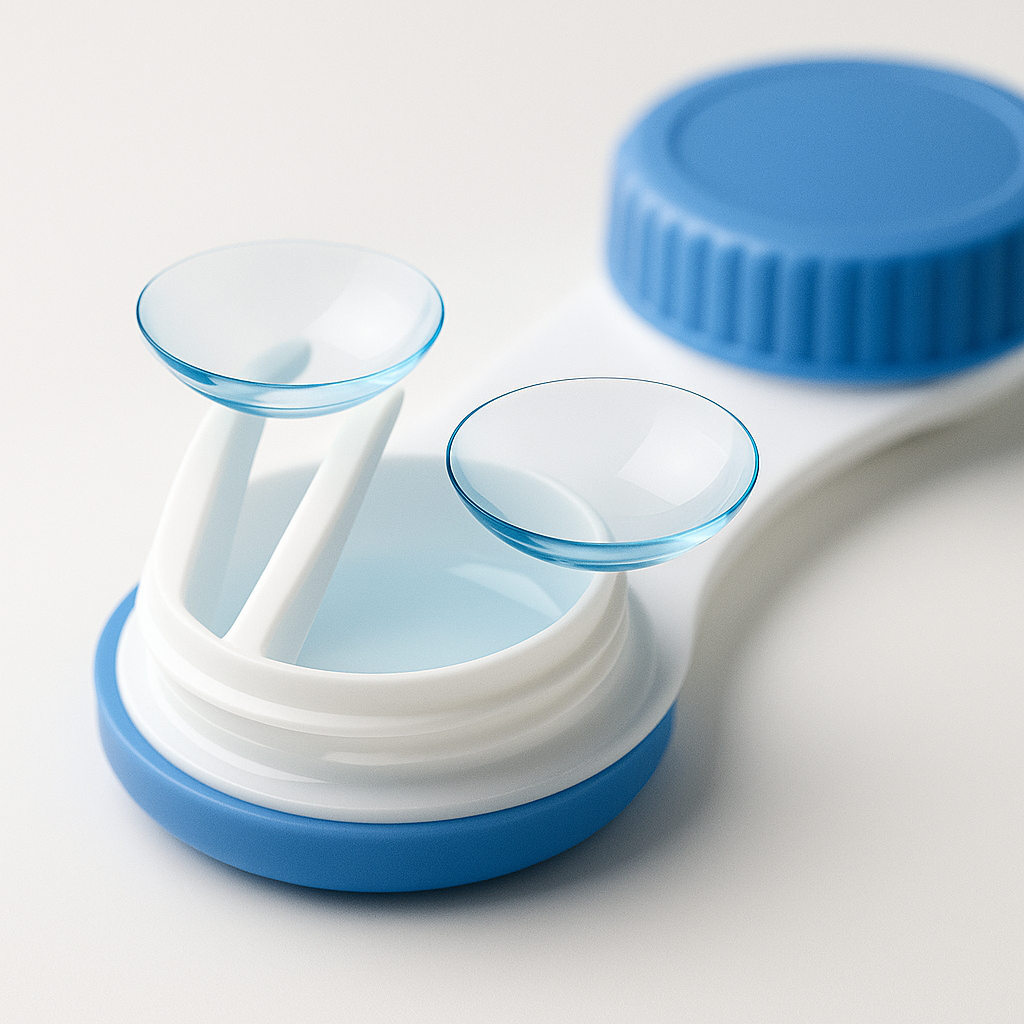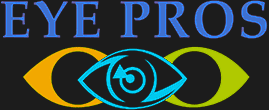Are you doing everything you can to take care of your vision? Vision care is something we often don’t think about until we need it. However, as with any type of medicine, preventative care is far better than trying to fix problems after they start.
With the right vision care tips, you can keep your eyes healthy and catch small problems before they become big ones. Ready to see clearly into 2024 and beyond? Follow these eight top vision care tips.
1. Wear Shades
Sunglasses don’t just make you look cool—they’re also an important part of vision care. Choose sunglasses with 100% UV protection to shield your eyes from harmful rays. Wearing sunglasses without UV protection can actually damage your eyes more, as your pupils will dilate when shaded, allowing more sun damage in.
Quality sunglasses help prevent cataracts by reducing direct sunlight exposure, protect the skin around your eyes from wrinkles and skin cancer, and prevent retinal damage caused by the sun. Always ensure that your sunglasses block both UVA and UVB rays.
2. Avoid Cigarettes
Smoking is harmful to every part of your body, including your eyes. Cigarettes can accelerate the onset of age-related macular degeneration (AMD) and increase the risk of cataracts. If the health risks of smoking haven’t convinced you to quit, consider the impact on your vision. Protect your eye health by avoiding cigarettes altogether.
3. Eat Healthily
Your diet affects every part of your body, including your eyes. A balanced diet rich in vitamins and nutrients can significantly impact your eye health. For instance, carrots are often touted as good for your eyes because they contain beta-carotene, which your body converts to Vitamin A, essential for cell formation in your eyes.
Incorporating a diet rich in leafy greens, colorful vegetables, and omega-3 fatty acids can help prevent eye disease and degeneration. Regularly eating these foods will support your vision and overall eye health well into the future.
4. Get Regular Eye Exams
Regular eye exams are one of the most important things you can do for your eye health. Even if you follow all the best at-home eye care tips, nothing replaces the expertise of a professional eye doctor. Annual eye exams allow early detection of issues like glaucoma, cataracts, and other conditions that might not yet show symptoms.
Eye exams also ensure that your prescription is up-to-date. If you wear glasses or contact lenses, your vision changes over time, and regular checkups are essential, especially when switching from glasses to contacts, to help keep your vision correction optimal. Consider making your eye exams a yearly routine, especially if you are over 40, when many eye diseases start to develop.
5. Always Wear Protection
Eye protection is crucial in certain activities, whether playing sports, working with chemicals, or performing home repairs. Protective eyewear like safety glasses or goggles should meet the safety standards for your specific activity. Regular household tasks like gardening or using power tools also warrant eye protection to prevent debris from entering your eyes.
6. Look to the Past
Understanding your family’s eye health history can help you take proactive steps in your vision care. If diseases like glaucoma, cataracts, or macular degeneration run in your family, you may be at a higher risk for these conditions. Discuss your family history with your eye doctor, so they can monitor any potential issues more closely.
7. Care for Contacts Properly
If you wear contact lenses, it’s essential to care for them properly to avoid damaging your eyes. Always follow your eye doctor’s instructions on wearing and cleaning your lenses. For instance, never sleep in contacts that aren’t designed for overnight wear, and always store them in fresh solutions. Poor contact lens hygiene can lead to serious infections and long-term damage to your eyes.
8. Avoid Eye Strain
With the increasing amount of time spent on computers and digital devices, eye strain has become a common issue. To protect your eyes, follow the 20-20-20 rule: every 20 minutes, take a 20-second break to look at something 20 feet away. Adjust your screen brightness and contrast, use proper lighting, and ensure your workspace is ergonomically designed to reduce strain on your eyes.
Additional Eye Care Tips (FAQs)
How Do You Keep Your Eyes Healthy?
Keeping your eyes healthy involves a combination of regular eye exams, a balanced diet rich in vitamins and nutrients, protective eyewear, and managing overall health conditions like diabetes and hypertension. It’s also important to practice good screen habits to avoid digital eye strain and ensure that you stay hydrated and get enough sleep.
How to Care for Eyes Naturally?
Natural eye care includes consuming foods high in antioxidants, such as leafy greens and colorful fruits, staying hydrated, and ensuring you get enough sleep. Practicing good hygiene, such as washing your hands before touching your eyes and avoiding smoking, also helps maintain eye health. Additionally, taking breaks from screens and using proper lighting when reading or working can reduce strain on your eyes.
How Do I Take Care of My Vision?
To take care of your vision, schedule regular eye exams, wear sunglasses with UV protection, maintain a healthy diet, and avoid smoking. It’s also important to use protective eyewear during activities that pose a risk to your eyes and manage chronic health conditions that could impact your eyesight. Incorporating these habits into your daily routine will help preserve your vision.
Why Is It Important to Take Care of Your Vision?
Taking care of your vision is crucial because your eyes are vital for daily functioning and overall quality of life. Poor vision can impact your ability to work, drive, and engage in activities you enjoy. Regular eye care helps detect issues early to prevent vision loss and other complications.
How Can I Maintain Eyesight?
You can maintain your eyesight by following a healthy lifestyle, which includes eating a diet rich in eye-friendly nutrients, staying hydrated, getting enough sleep, and protecting your eyes from UV rays and injuries. Regular eye exams are also key to monitoring and maintaining your vision, as they can catch potential problems early.
Your eyes are your window to the world, and taking care of them should be a priority. By incorporating these vision care tips into your daily routine, you can protect your eyesight, detect potential issues early, and enjoy clear vision for years to come. Don’t wait until problems arise—take proactive steps today to ensure your eyes stay healthy and your vision sharp.






